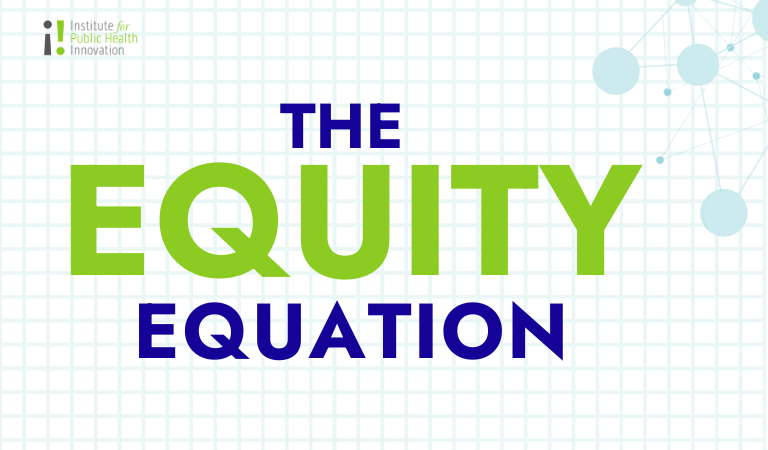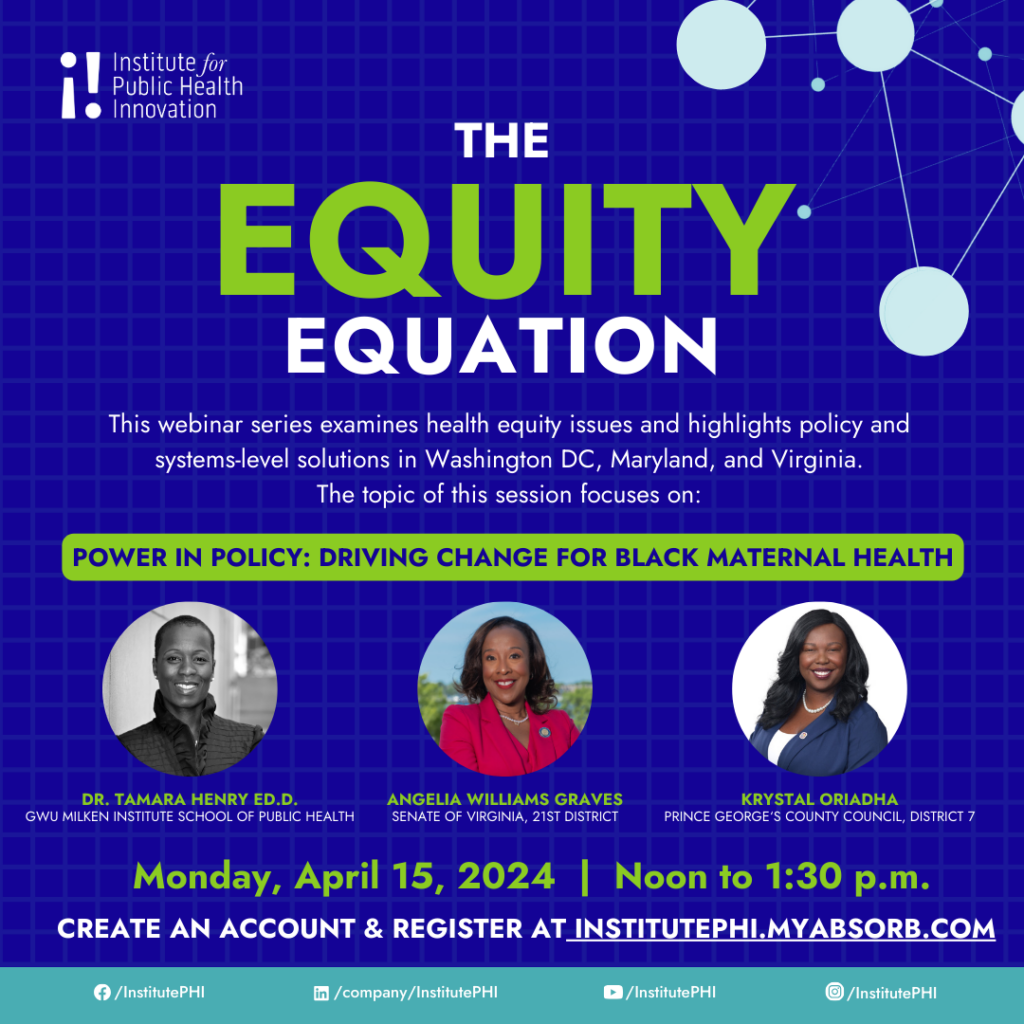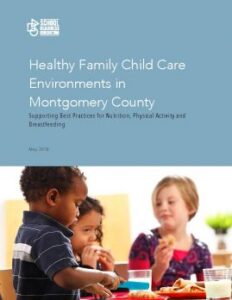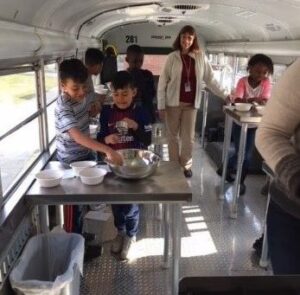FOR IMMEDIATE RELEASE– January 25, 2021
Media Contacts:
Julia Groenfeldt, [email protected]
The Prince George’s County Food Equity Council Launches New Food Recovery Platform to Fight Hunger and Reduce Food Waste
PRINCE GEORGE’S COUNTY, MD — The Prince George’s Food Equity Council (FEC), an initiative of the Institute for Public Health Innovation (IPHI) has joined the Food Rescue US network to launch the Food Rescue US platform in Prince George’s County. The county’s food recovery efforts will be coordinated by FEC staff and funding from the Greater Washington Community Foundation and Philip L. Graham Fund.
Food Rescue US, a national nonprofit organization, is a leader in food rescue operations. Since 2011, Food Rescue US has helped launch food recovery communities in 39 locations across the country, providing more than 56 million meals and keeping over 75 million pounds of food out of landfills. Through the use of its proprietary software, Food Rescue US provides the platform for volunteer food rescuers to directly transfer excess food from businesses to local social service agencies that feed the food insecure. Using the technology platform, the FEC will help coordinate food rescue donors, volunteer rescuers, and food assistance service providers to support hunger relief efforts and reduce food waste in Prince George’s County.
“We’re excited to expand our reach into Prince George’s County and work with the Food Equity Council,” said Carol Shattuck, CEO, Food Rescue US. “Working directly with community organizations doing critical work for their residents, Food Rescue US is able to provide our innovative technology and institutional knowledge to empower their food recovery work.”
Since 2013, the FEC has collaborated with residents, local businesses, organizations, and county government to create systemic change to the local food system, promote health, economic opportunity, food security, and well-being in Prince George’s County. This past year, the FEC’s work has taken on a new urgency as the COVID-19 pandemic caused skyrocketing rates of food insecurity and high demand for food among food assistance providers and social service organizations. According to the Capital Area Food Bank, over 104,760 county residents were food insecure in 2020, the highest in the Metro DC Region. By developing a robust food waste and recovery network, IPHI, FEC, and Food Rescue US hope to create a more resilient, sustainable, and equitable food system that can support the growing number of food-insecure residents.
“Through the use of Food Rescue US platform we are able to create infrastructure changes to ensure that we don’t miss opportunities to connect food donors and services providers,” said Evelyn Kelly, Program Director at IPHI. “We will not only help families in need but also reduce our environmental footprint and food waste in our landfills.”
Over the next few months, FEC staff will conduct outreach among businesses, organizations, volunteers, and providers to expand the Food Rescue US network in the county and bring partners onto the platform. The easy to use platform is free and available for desktop use. Food donors are invited to sign up to provide available food. Residents interested in volunteering can sign up to pick up and deliver food. Food providers can sign up to receive food to support food assistance and donation efforts. Everything is coordinated directly via the platform, and FEC staff are available to provide additional support and assistance to coordinate donations and delivery throughout Prince George’s County.
About the Prince George’s County Food Equity Council:
The Prince George’s County Food Equity Council (FEC) is a local food policy council that works to help residents grow, sell, and choose healthy foods. Since 2013, FEC has been a voice for county residents at the policymaking table. The FEC focuses on systematic and sustainable changes to promote health, economic opportunity, food security, and well-being in Prince George’s by advocating for policy that creates a more equitable local food system. The FEC is housed within the Institute for Public Health Innovation. For more information on FEC, visit www.pgcfec.org and follow FEC on social media @pgcfec.
About the Institute for Public Health Innovation:
IPHI develops multi-sector partnerships and innovative solutions to improve the public’s health and well-being across Maryland, Virginia, and the District of Columbia. Our work strengthens health systems and policy, enhances conditions that promote health, and builds community capacity to ensure equitable health opportunities for all. IPHI is one of over 40 public health institutes across the country and a member of the National Network of Public Health Institutes. For more information on IPHI, see www.institutephi.org, and follow IPHI on Facebook and Twitter @InstitutePHI.
###





